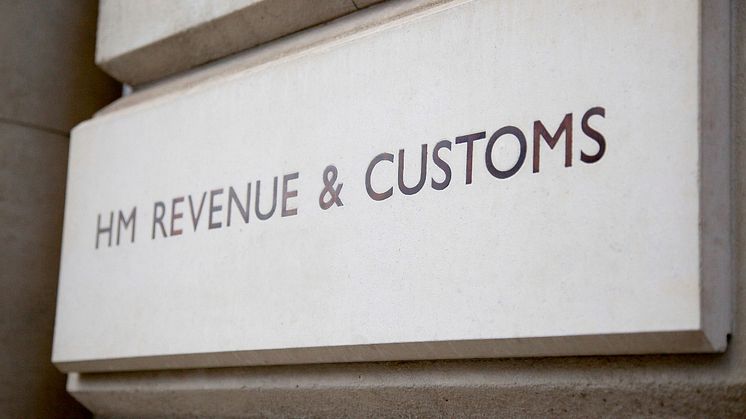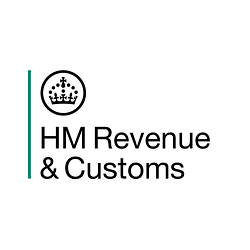
Press release -
Working Tax Credit customers must report changes to working hours
HM Revenue and Customs (HMRC) is urging Working Tax Credit (WTC) customers to check if they need to update their working hours if these have reduced as a result of coronavirus.
During the pandemic, WTC customers have not needed to tell HMRC about temporary short-term reductions in their working hours as a result of coronavirus - for example if they were working fewer hours or were furloughed. It is one of several measures HMRC introduced to help those facing uncertainty around their hours.
If a WTC customer’s hours temporarily fell because of coronavirus, they have been treated as if they were working their normal hours.
Customers do not need to tell HMRC if they re-establish their normal working hours before 25 November 2021, but from then, they must do within the usual one-month window if they are not back to working their normal hours shown in their WTC claim.
Myrtle Lloyd, HMRC’s Director General for Customer Services, said:
“We introduced this measure last year to help support working families. It is vital that Working Tax Credit claimants who have benefitted from it update HMRC with their working hours if they have reduced, and they won’t return to their normal level before 25 November.
“Anyone who is no longer eligible for Working Tax Credit due to a change in their circumstances may be able to apply for other UK Government support, including Universal Credit.”
Customers should continue to tell HMRC about any permanent changes to their circumstances within one month – for example if they are made redundant, lose their job or their hours change permanently during this time.
This will ensure only those who are entitled to tax credits receive them, otherwise those ineligible or due a lower rate of payment will have to pay them back later.
Any changes can be easily reported online on GOV.UK, where customers can also check their current WTC claim details.
If customers receive tax credits they are not entitled to as a result of a change they will need to repay this money and may also have to pay a penalty if they do not let us know within one month.
HMRC is also reminding claimants that Post Office card accounts are closing. From 30 November 2021 HMRC will stop making payments of Child Benefit, Guardians Allowance and tax credits into Post Office card accounts.
Child Benefit and tax credits customers who use Post Office card accounts to receive their payments will need to notify HMRC of their new bank, building society or credit union account details. HMRC is encouraging customers to act now so they do not miss any payments once their Post Office account closes. They can contact HMRC’s helplines (0345 300 3900 for tax credits or 0300 200 3100 for Child Benefit) or use their Personal Tax Account.
Notes for Editors
1. Visit GOV.UK for more information on Working Tax Credit.
2. Customers can get further help and information about their tax credits:
- Using our webchat service, by going to GOV.UK and searching ‘tax credits general enquiries’
- By tweeting @HMRCcustomers or posting on our Facebook page with general queries
- By calling the tax credits helpline: 0345 300 3900
3. Tax credits is being replaced by Universal Credit. Customers cannot receive tax credits and Universal Credit at the same time.
4. Tax credit and Child Benefit customers, who use a Post Office card account to receive their payments, must notify HMRC of their new bank account details before 30 November 2021. If they miss the deadline their payments will be suspended until a valid bank account is provided.
5. To find out how to open a bank account, visit Citizens Advice.
6. HMRC’s scams advice:
Stop:
- Take a moment to think before parting with your money or information.
- Don’t give out private information or reply to text messages, and don’t download attachments or click on links in texts or emails you weren’t expecting.
- Do not trust caller ID on phones. Numbers can be spoofed.
Challenge:
- It’s ok to reject, refuse or ignore any requests for personal information - only criminals will try to rush or panic you.
- Search ‘scams’ on GOV.UK for information on how to recognise genuine HMRC contact and how to avoid and report scams.
Protect:
- Forward suspicious emails claiming to be from HMRC to phishing@hmrc.gov.uk and texts to 60599. Report scam phone calls on GOV.UK.
- Contact your bank immediately if you think you’ve fallen victim to a scam, and report it to Action Fraud (in Scotland, contact the police on 101).
7. People can also follow the National Cyber Security Centre’s six essential steps to keep themselves and their businesses secure online by visiting CyberAware.gov.uk
8. Follow HMRC’s Press Office on Twitter @HMRCpressoffice
Related links
Topics
Categories
Issued by HM Revenue & Customs Press Office
HM Revenue & Customs (HMRC) is the UK’s tax authority.
HMRC is responsible for making sure that the money is available to fund the UK’s public services and for helping families and individuals with targeted financial support.

